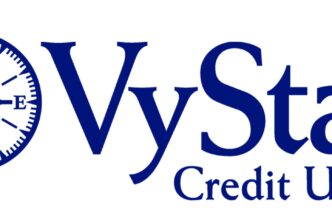The Consumer Financial Protection Bureau recently reported Social Security scams continue to be the most commonly reported type of fraud and scam, and “according to the Social Security Administration’s Office of the Inspector General (OIG), these scams continue to evolve,” the CFPB explained. “The OIG is now warning the public that scammers are making phone calls and then following up with emails containing falsified documents aimed at convincing people to pay.”
Credit unions can help educate members who may have received one of these calls, live or recorded, which may threaten arrest or other legal action, or they may offer to increase benefits, protect assets, or resolve identity theft to those who provide payment using a retail gift card, cash, wire transfer, internet currency such as Bitcoin or a pre-paid debit card.
CFPB tips for members on how to recognize scams:
1. Threatening arrest or legal action: If you receive a threatening phone call claiming that there‘s an issue with your Social Security number or benefits, it’s a scam. The Social Security Administration (SSA) will never threaten you with arrest or other legal action if you don’t immediately pay a fine or fee.
2. Emails or texts with personally identifiable information: If there’s a legitimate problem with your Social Security number or record, the SSA will mail you a letter to notify you of any issues.
3. Misspellings and grammar mistakes: If the caller follows up with emails containing falsified letters or reports that appear to be from the SSA or SSA’s OIG, look closely. The letters may use government “jargon” or letterhead that appears official in order to help convince victims, but they may also contain misspellings and grammar mistakes.
4. Requests for payment by gift or pre-paid card, cash, or wire transfer: If you do need to submit payments to the SSA, the agency will mail a letter with payment instructions and options through U.S. mail. You should never pay a government fee or fine using retail gift cards, cash, internet currency, wire transfers, or pre-paid debit cards. Scammers ask for payment this way because it’s difficult to trace and recover.
5. Offers to increase benefits in exchange for payment: Similarly, SSA employees will never promise to increase your Social Security benefits, or offer other assistance, in exchange for payment.
Scams should be reported immediately to the Federal Trade Commission (FTC) at FTC.gov/complaint and to the SSA Office of Inspector General Fraud at oig.ssa.gov .






